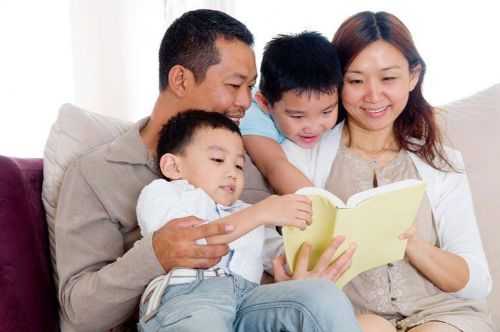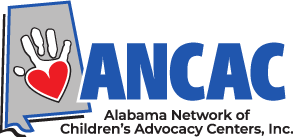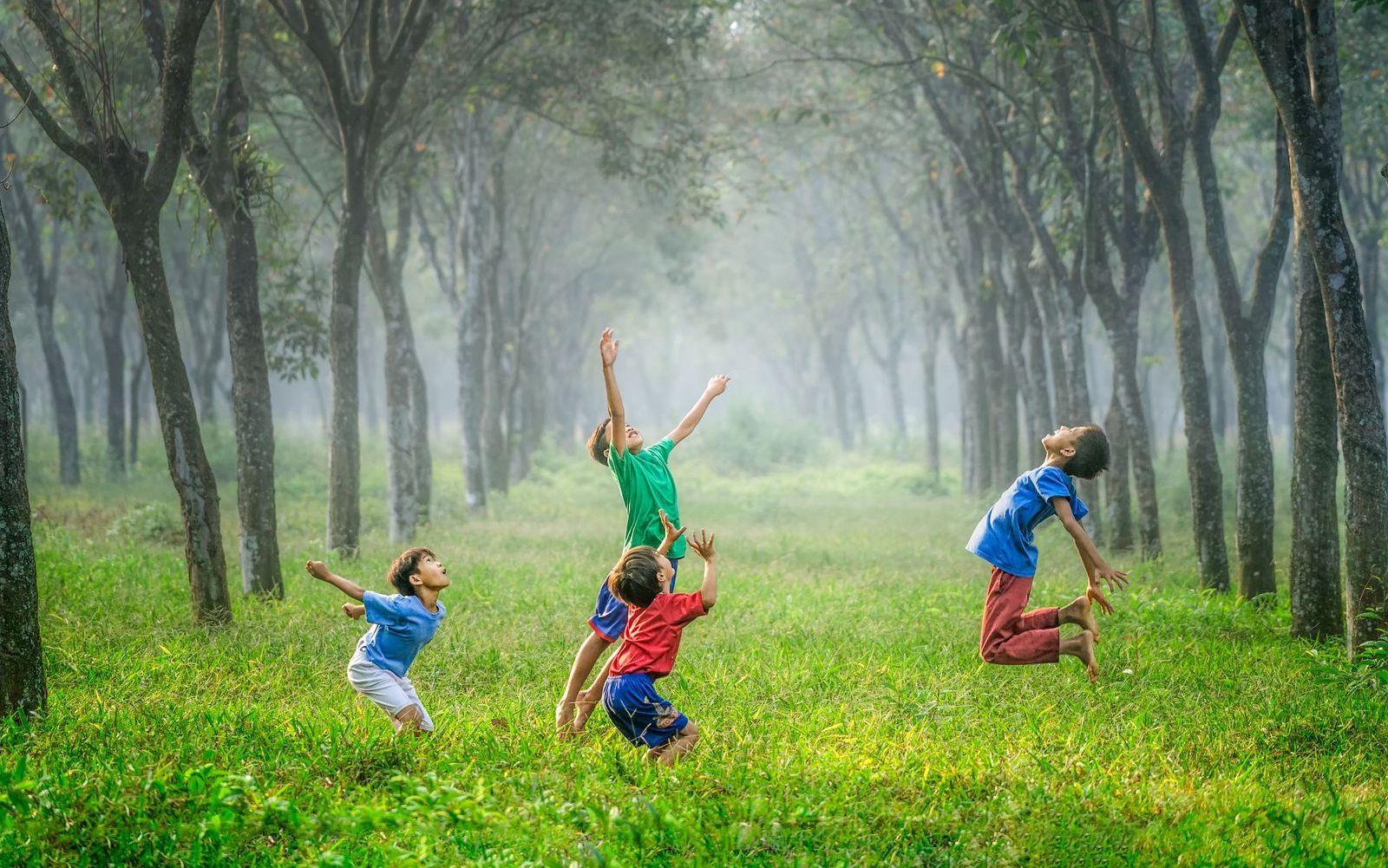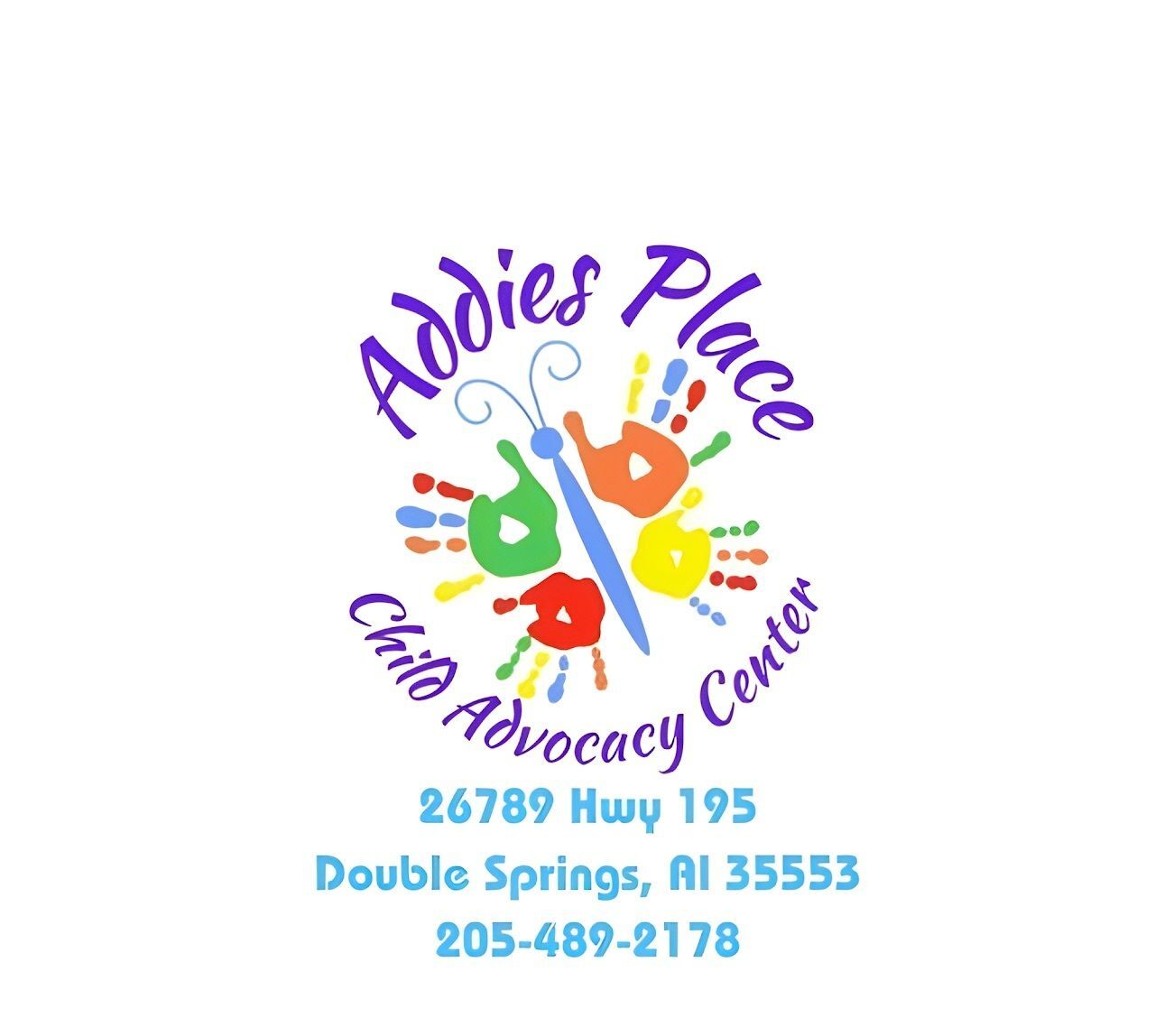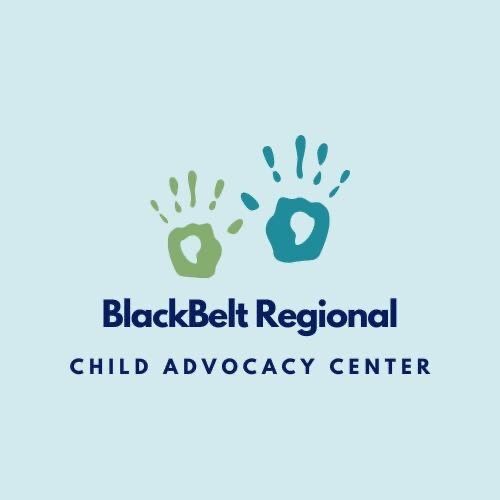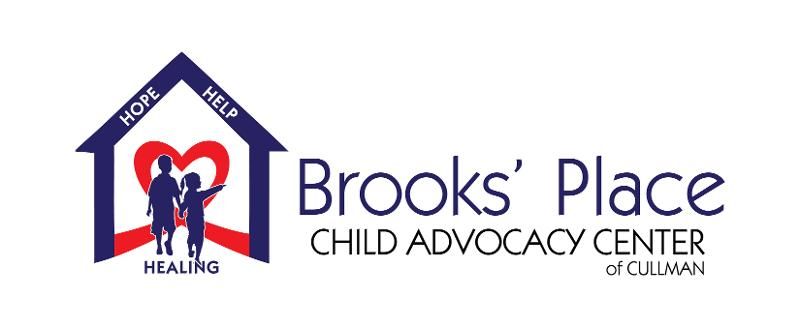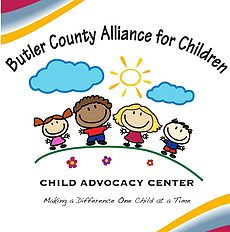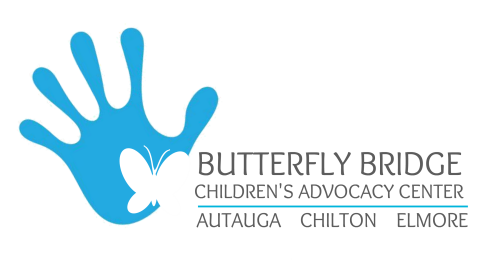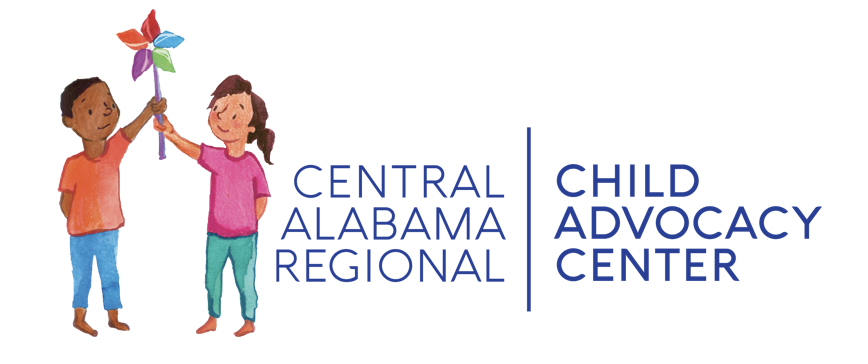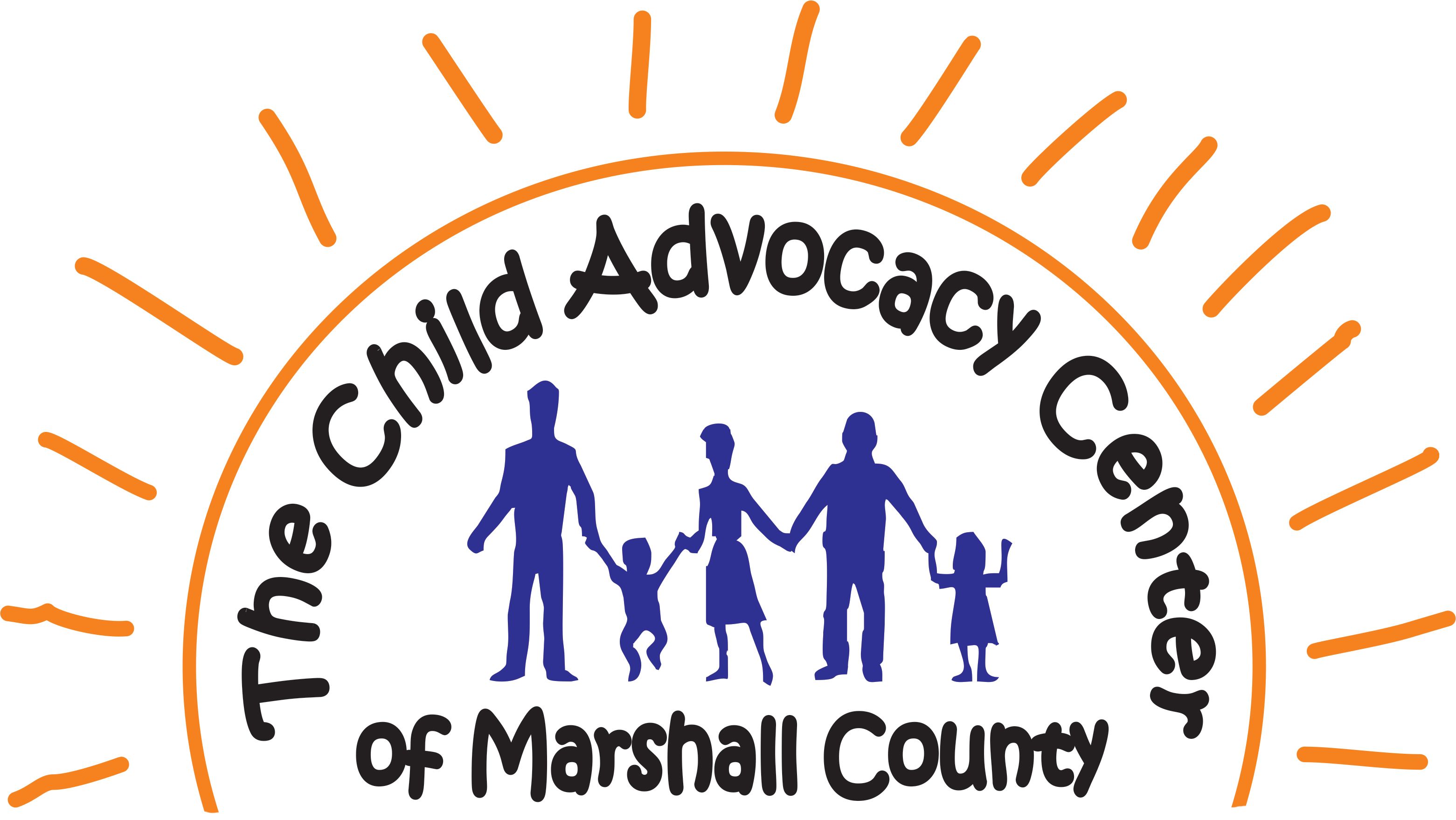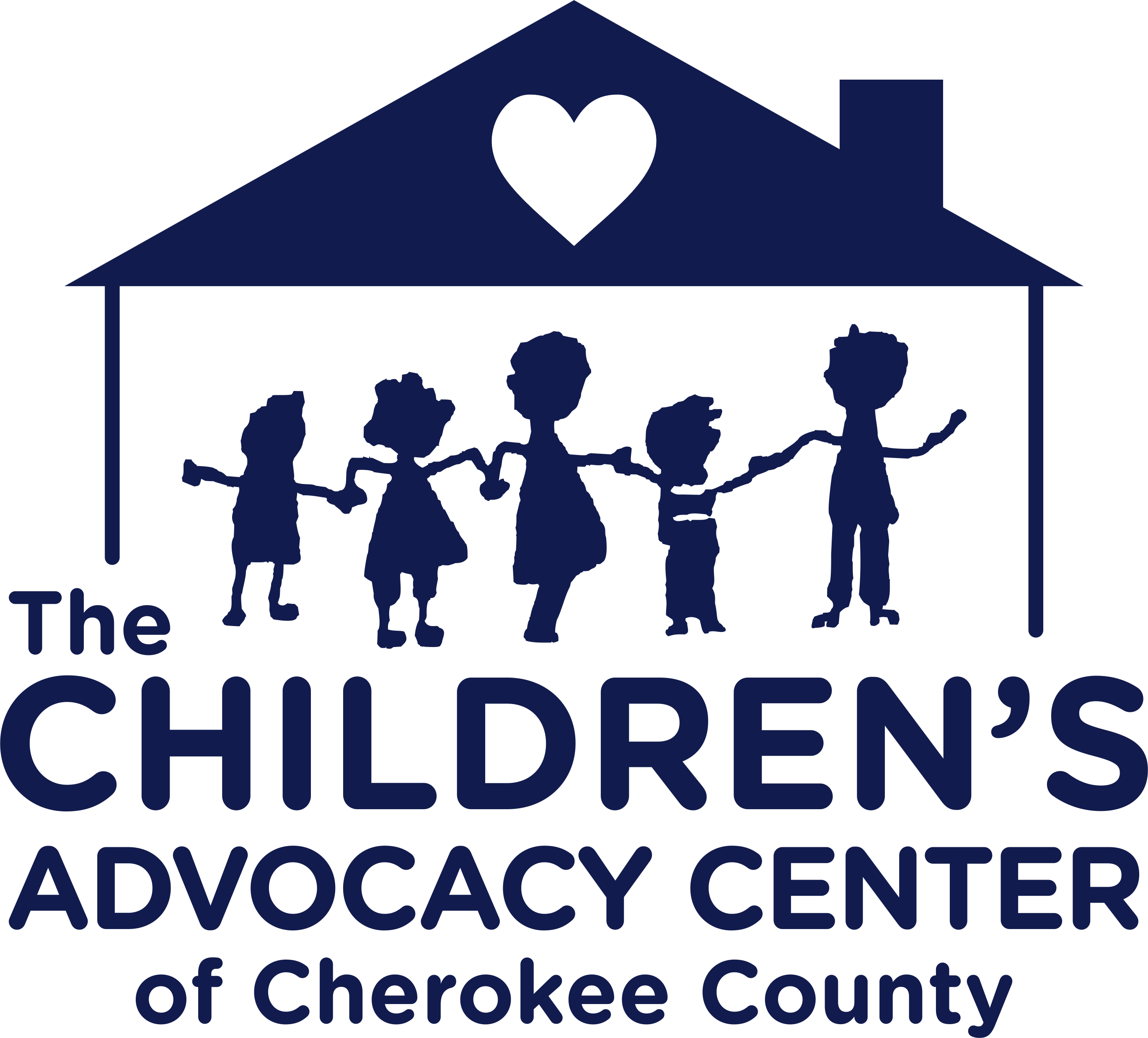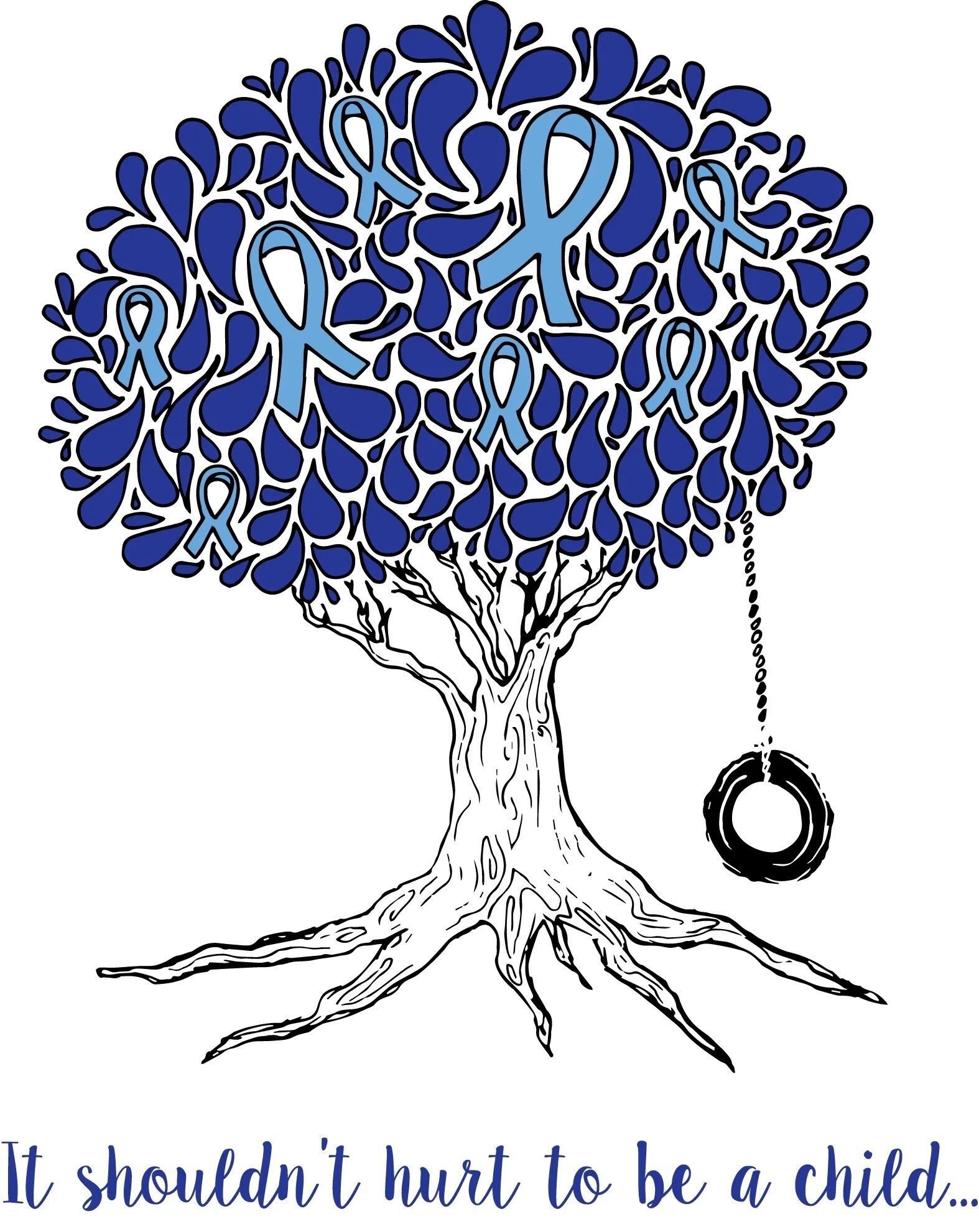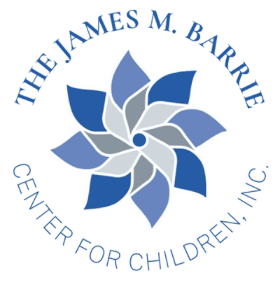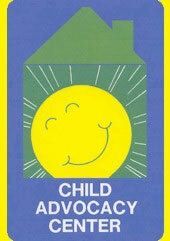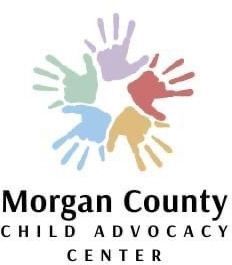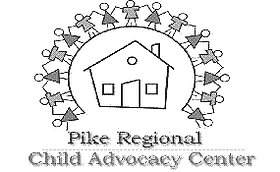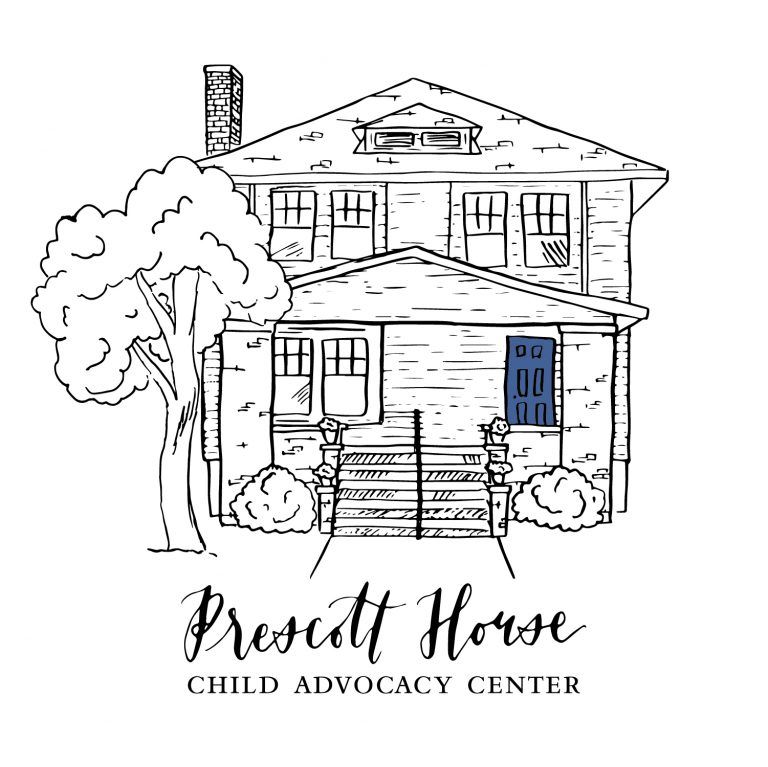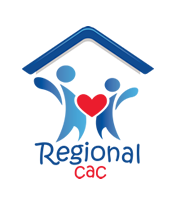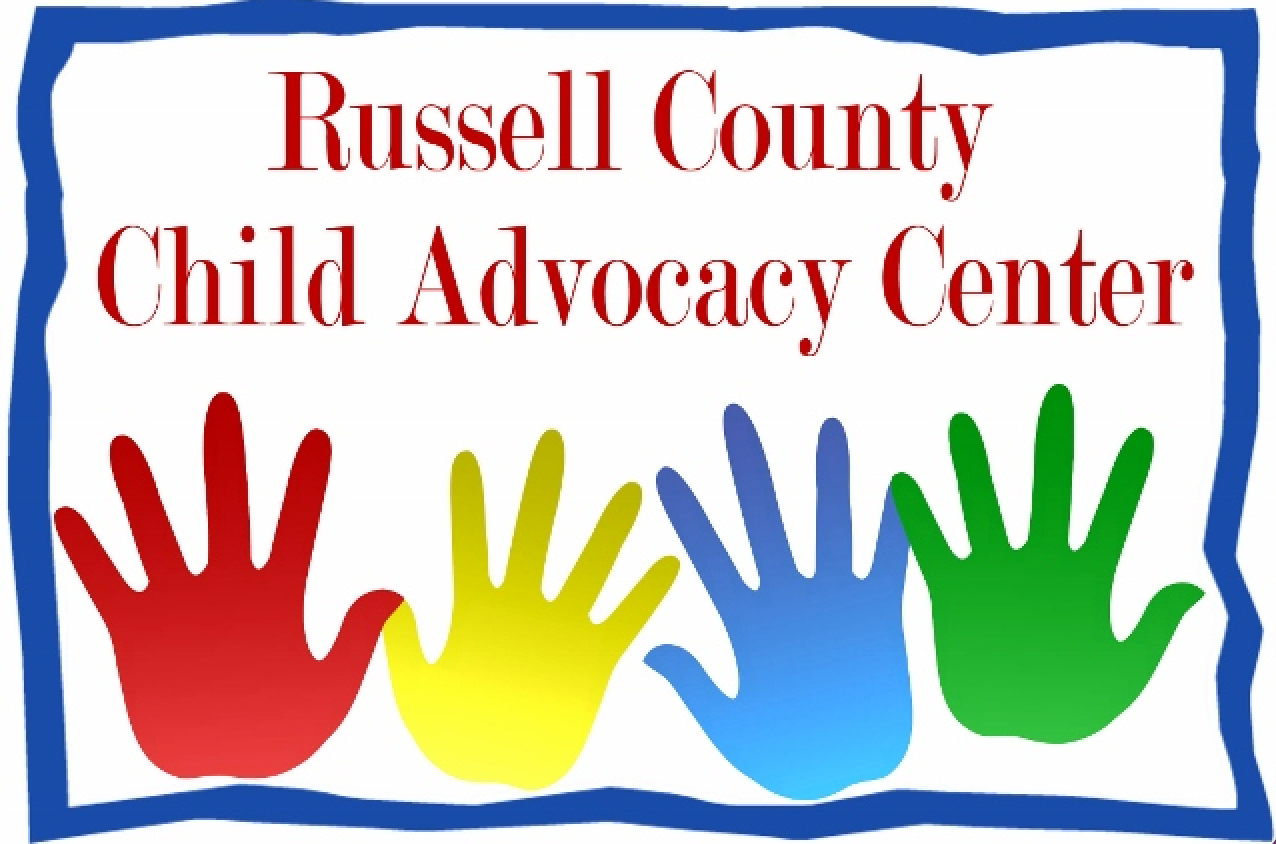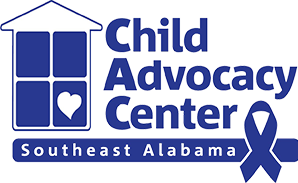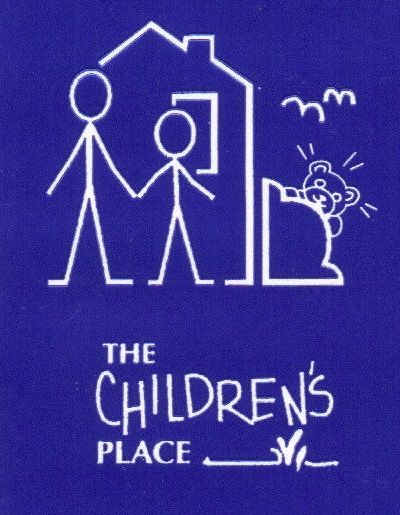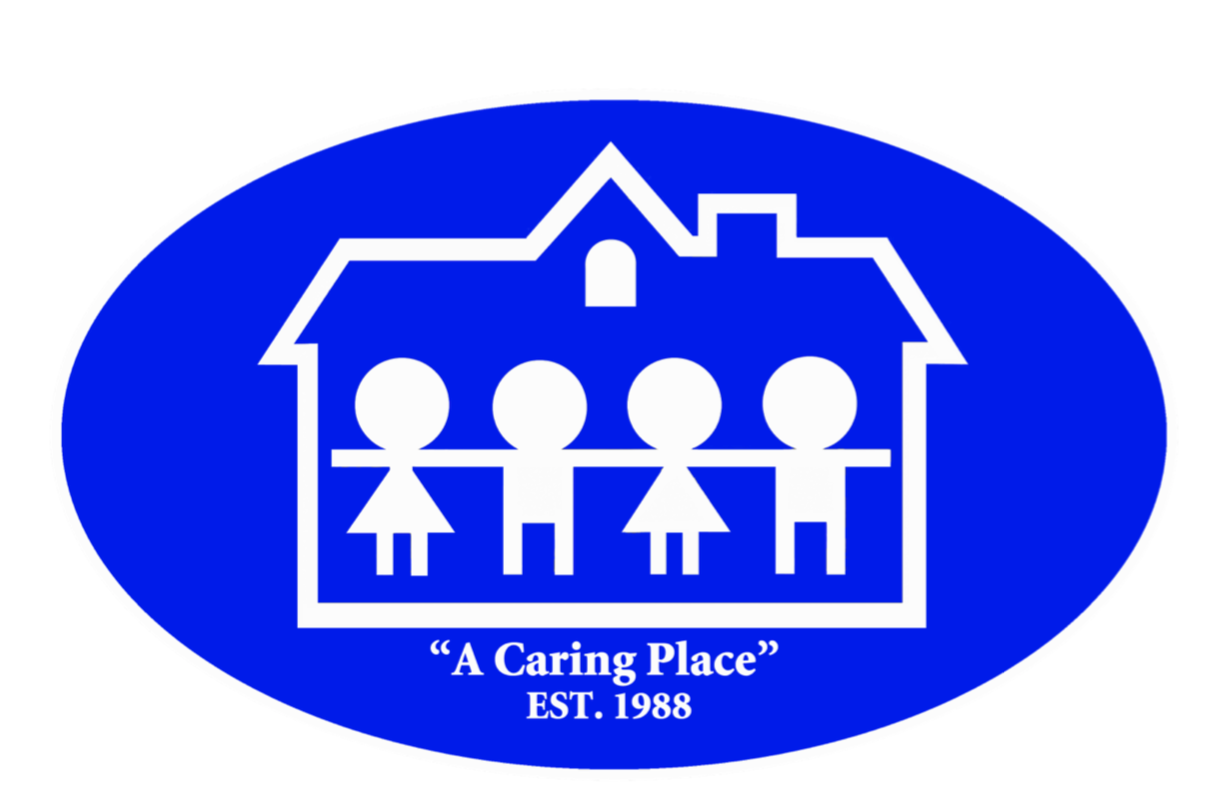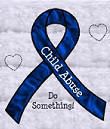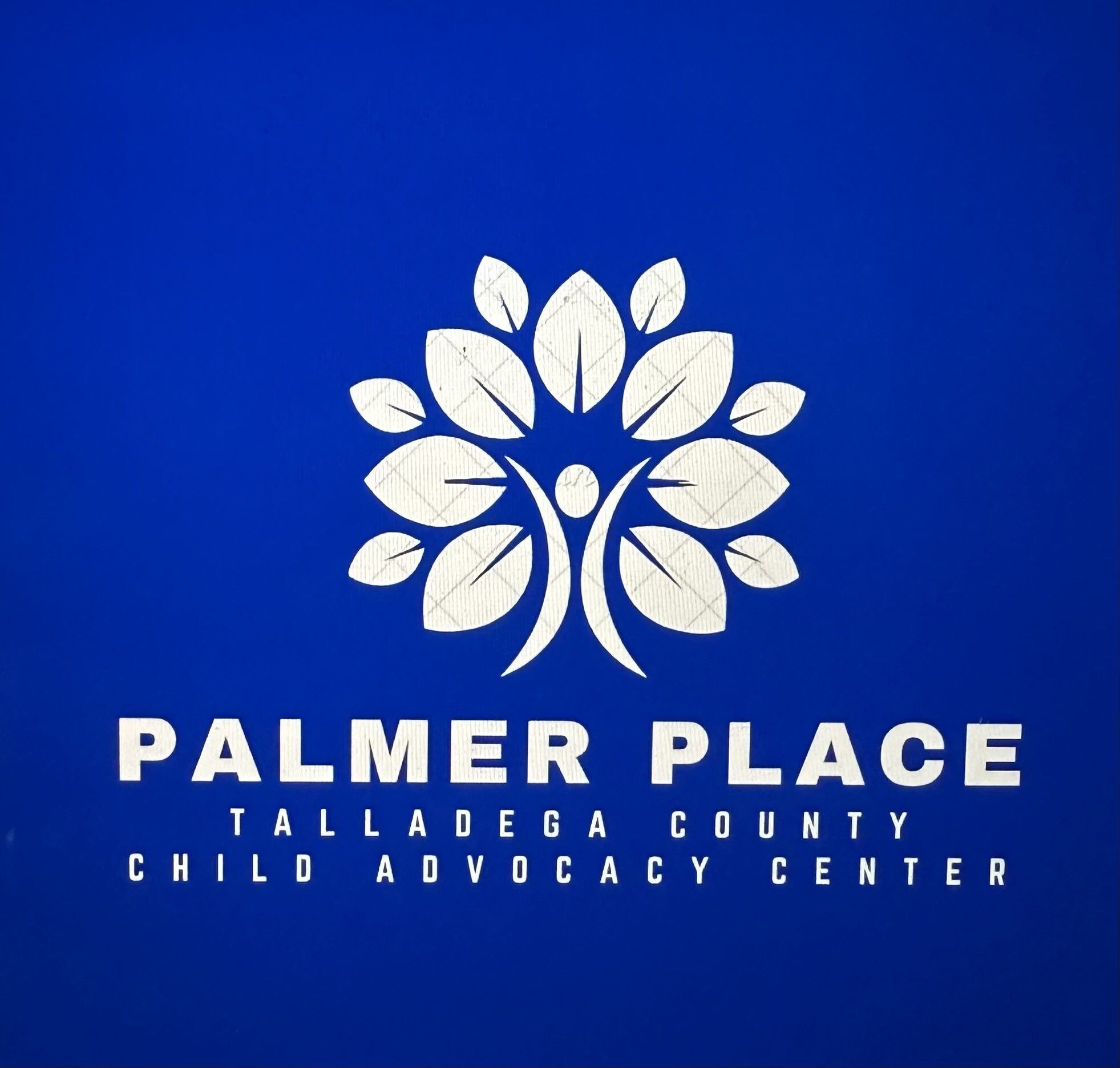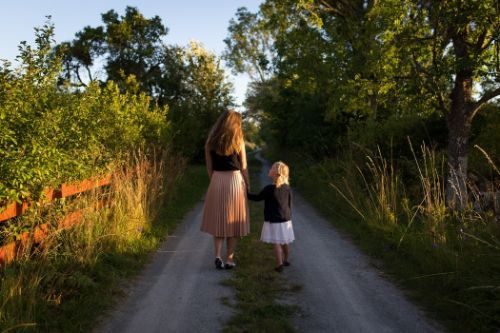
Tips for Parents:
Support Groups
Parents need support and as much information as possible in order to raise their children responsibly.
Groups help teach parents how to cope with their own feelings of frustration and anger without venting them on children.
Personal Involvement
Personal supervision of and involvement in your child’s activities are the best ways to prevent physical and sexual abuse outside the home.
Any school or child care program should allow unrestricted and unannounced parental visits without prearrangement.
Pay careful attention to your child’s reports about and reactions to his experiences at school.
Always investigate if your child tells you he/she has been mistreated or if he/she undergoes a sudden unexplained change in behavior.
Empower Your Child:
You don’t want to frighten your children, but teach them some basic rules of safety in a nonthreatening manner.
Have open communication and emphasize that they will not get in trouble if they tell you about abuse or other confusing events.
Emphasize that you need to know this to be able to keep them safe and that they will be OK if they tell you.
Instead of teaching him that he’s surrounded by danger, teach him that he is strong, capable, and can count on you to keep him safe, as long as he can tell you about it.
Teach him that it is not OK for adults to touch his body if he does not consent or understand what is happening.
Tips for Children:
Never get into a car or go anywhere with any person unless your parents, grandparents, or guardians say it is okay.
Grownups and others who need help should not be asking children for help; they should be asking older people.
If someone tries to take you somewhere, quickly get away from him/her and yell, "This man/woman is trying to take me away," or "This person is not my father/mother/grandmother/grandfather/guardian."
You should try to take a friend with you, and never go places alone.
Always ask your parents, grandparents, or guardians permission to leave the yard or play area or to go into someone's home.
No one should ask you to keep a secret. If he or she does, tell your parents, grandparents, guardians, or teacher.
If someone wants to take your picture, tell him or her no and tell your parents, grandparents, guardians, or teacher.
No one should touch you in the parts of the body covered by the bathing suit, nor should you touch anyone else in those areas. Your body is special and private.
Risk Factors:
Parental depression or other mental health issues
A parental history of childhood abuse
Domestic violence

